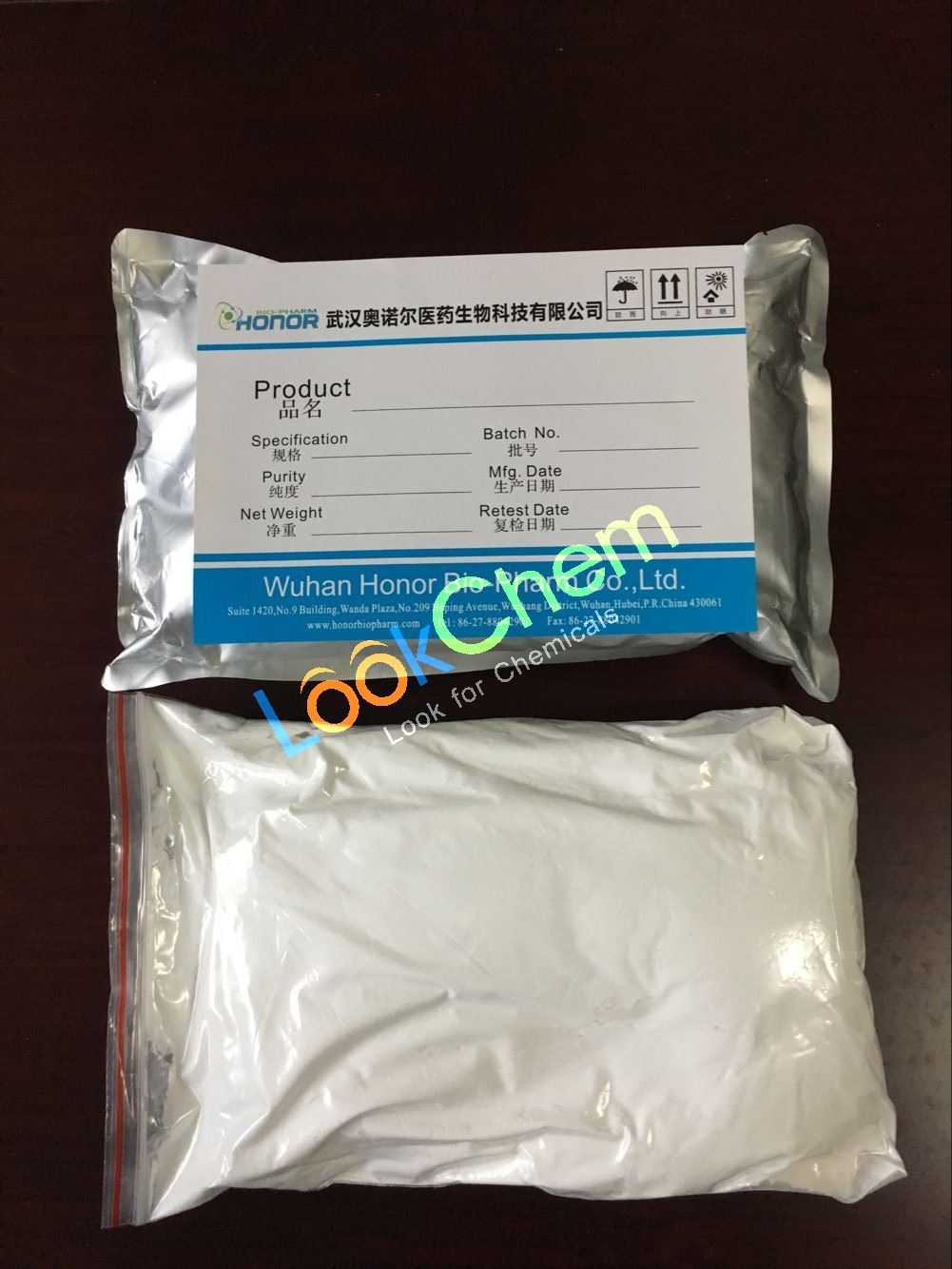High purity 99%, factory Tetracaine Base in stock manufacturer
Quick Details:
Product Name Tetracaine
Synonym Anetain, Amethocaine, Pontocaine,Ametop,Dicaine
CAS 94-24-6
MF C15H24N2O2
MW 264.36
EINECS 202-316-6
Assay 99%
Quality Standards Enterprise Standard/Pharma Grade
Appearance White powder
Package 25kg/Drum
Tetracaine (INN, also known as amethocaine; trade name Pontocaine. Ametop and Dicaine) is a potent local anesthetic of the ester group. It is mainly used topically in ophthalmology and as an antipruritic, and it has been used in spinal anesthesia.
It is on the World Health Organization's List of Essential Medicines, a list of the most important medication needed in a basic health system.
COA:
| Test Items | Specification | Test Results |
| Appearance | Fine, white, crystalline, odorless powder | confirm |
| Identification | ABC in Pass | confirm |
| Solubility |
Very soluble in water, soluble in Alcohol; insoluble in Ether and Benzene |
confirm |
| USP Reference standards |
USP Tetracaine Hydrochloride RS. USP Endotoxin RS. |
confirm |
| Melting point | 145~150 degree | 146.0~147.5 degree |
| Chromatographic purity | In Pass | confirm |
| Related substance | Not more than the reference solution 0.05% | confirm |
| Heavy metals | ≤10ppm | confirm |
| PH | 4.5-6.5 | 5.8 |
| Residue on ignition | ≤0.10% | 0.05% |
| Loss on Drying | ≤ 0.5% | 0.19% |
| Assay | 98.0 -101.0% | 100.1% |
| Conclusion | Confirms USP 32 | |
Application:
(1) In biomedical research, tetracaine is used to alter the function of calcium release channels (ryanodine receptors) that control the release of calcium from intracellular stores. Tetracaine is an allosteric blocker of channel function. At low concentrations, tetracaine causes an initial inhibition of spontaneous calcium release events, while at high concentrations, tetracaine blocks release completely.
(2) Tetracaine is the T in Tac, a mixture of 5 to 12 per cent tetracaine, 5M(per myriad), a half per mille (0.5‰), or .05 per cent (1 part in 2000) , and 4 or 10 per cent hydrochloride used in ear, nose & throat surgery and in the emergemcy department where numbing of the surface is needed rapidly, especially when children have been injured in the eye, ear, or other sensitive locations.
(3) Tetracaine is synthesized from 4-butylaminobenzoic acid. The ethyl ester is formed through an acid-catalyzed esterification reaction. Base-catalyzed transesterification is achieved by boiling the ethyl ester of 4-butylaminobenzoic acid with excess 2-dimethylaminoethanol in the presence of a small amount of sodium ethoxide.
